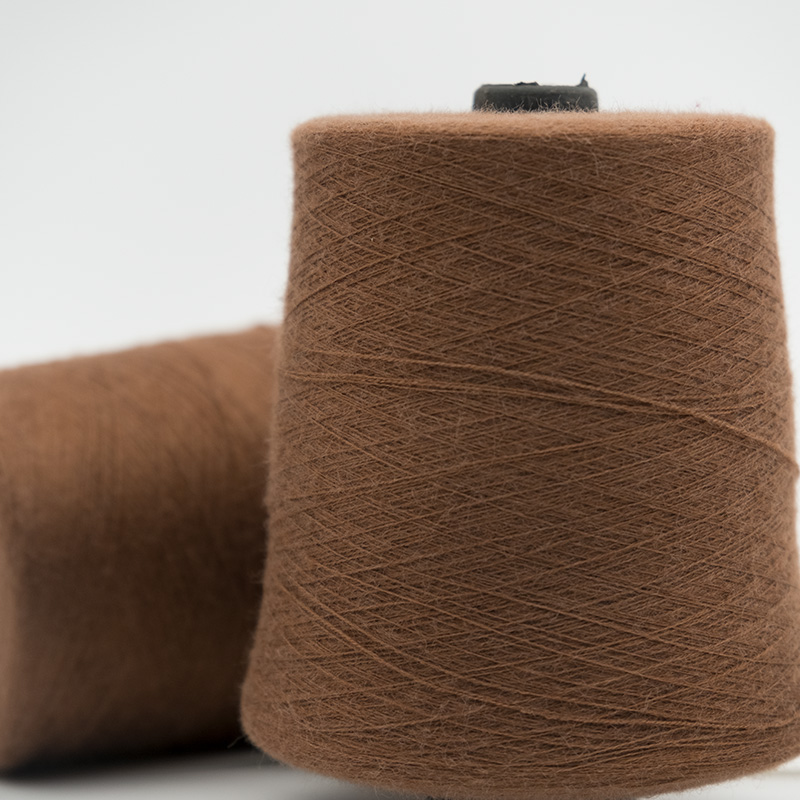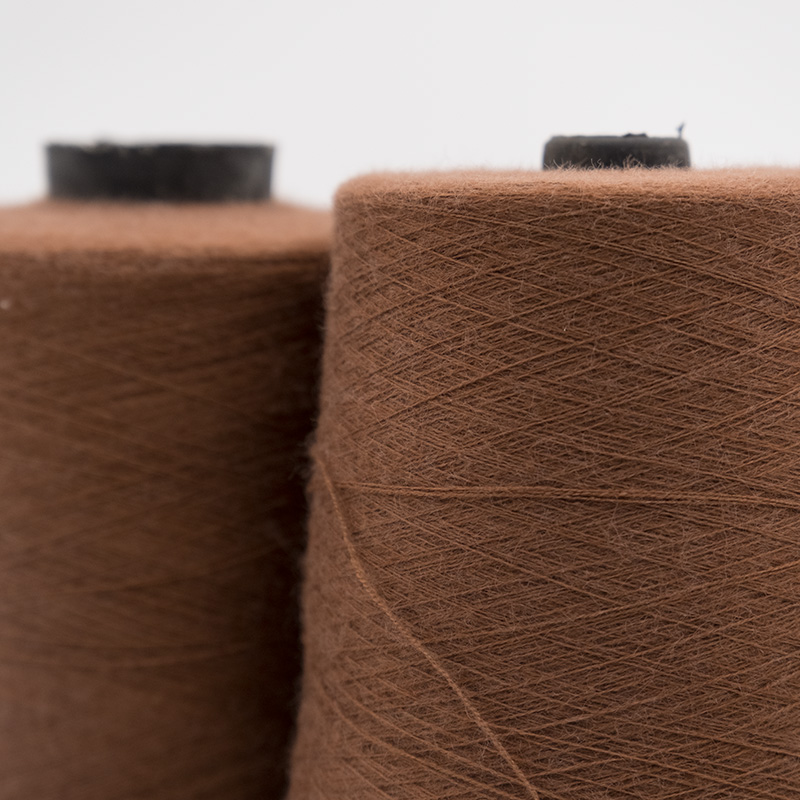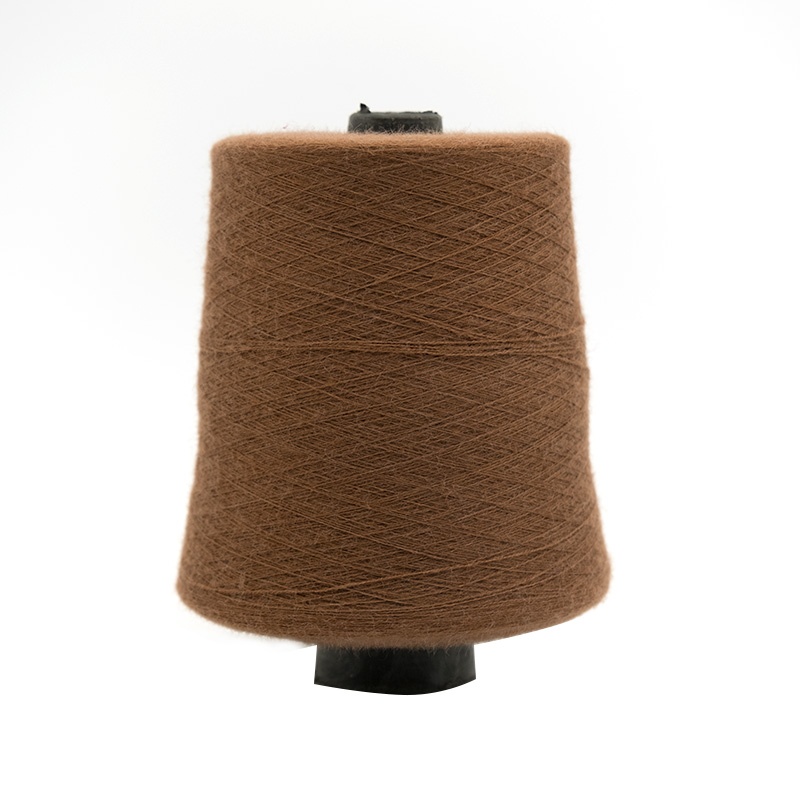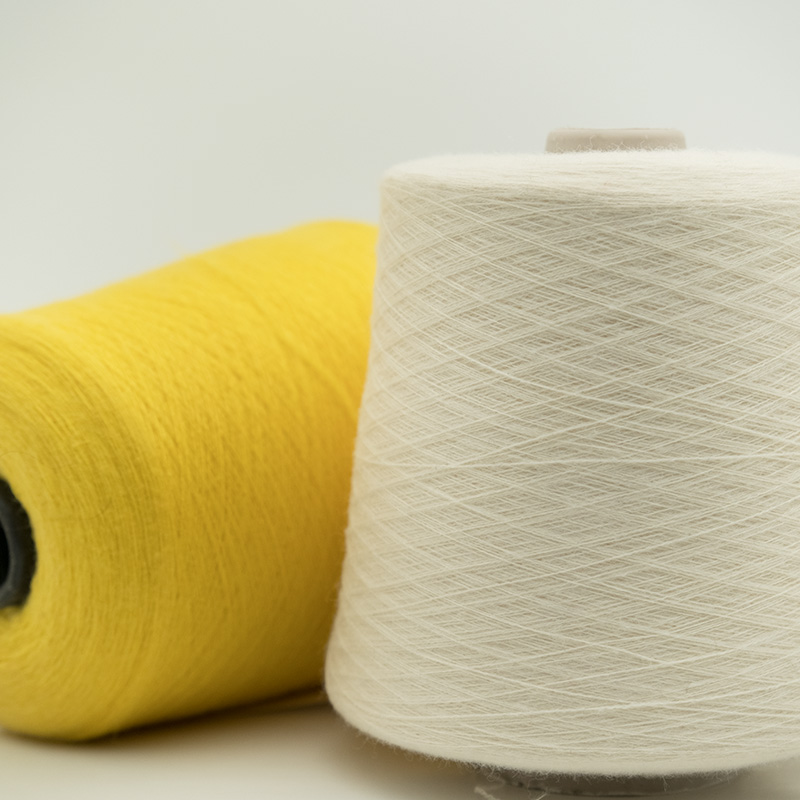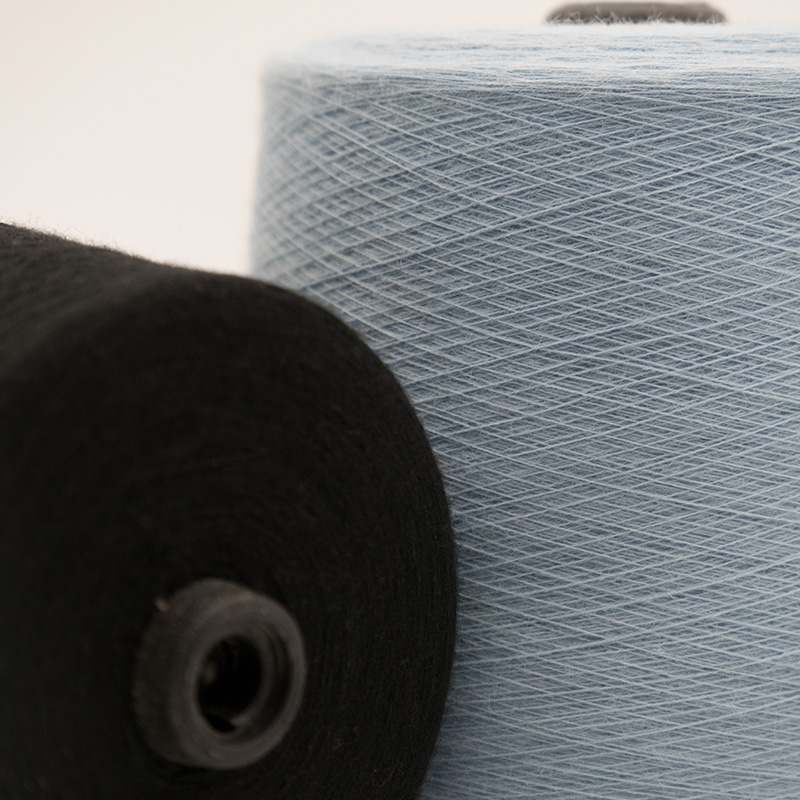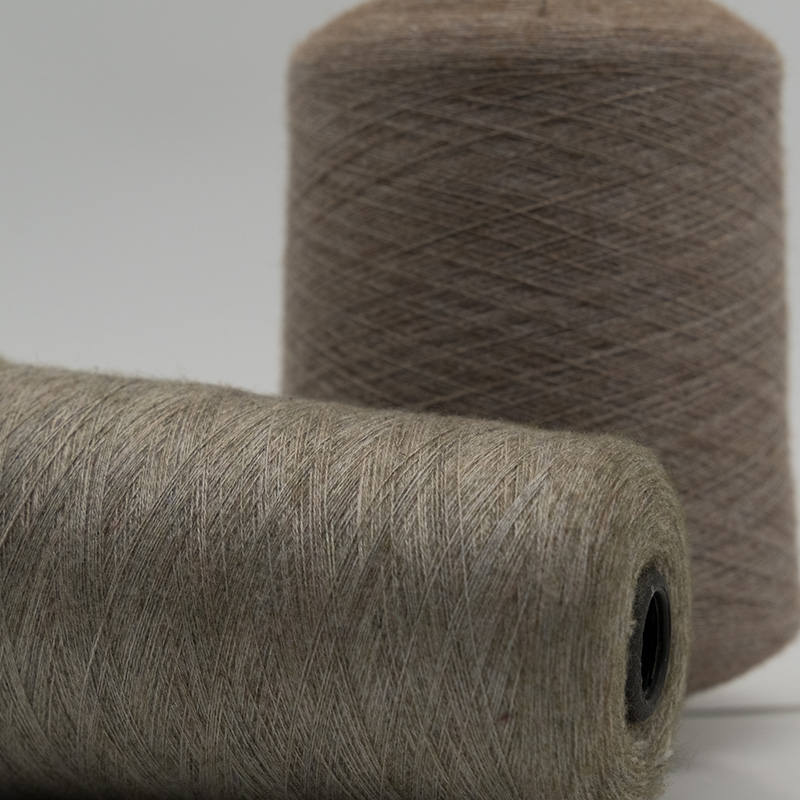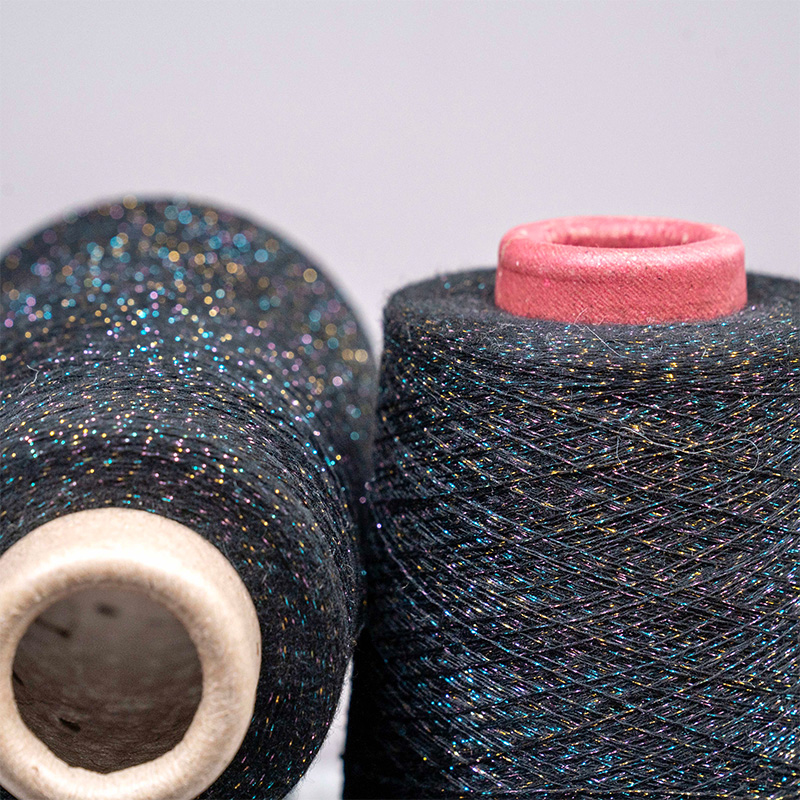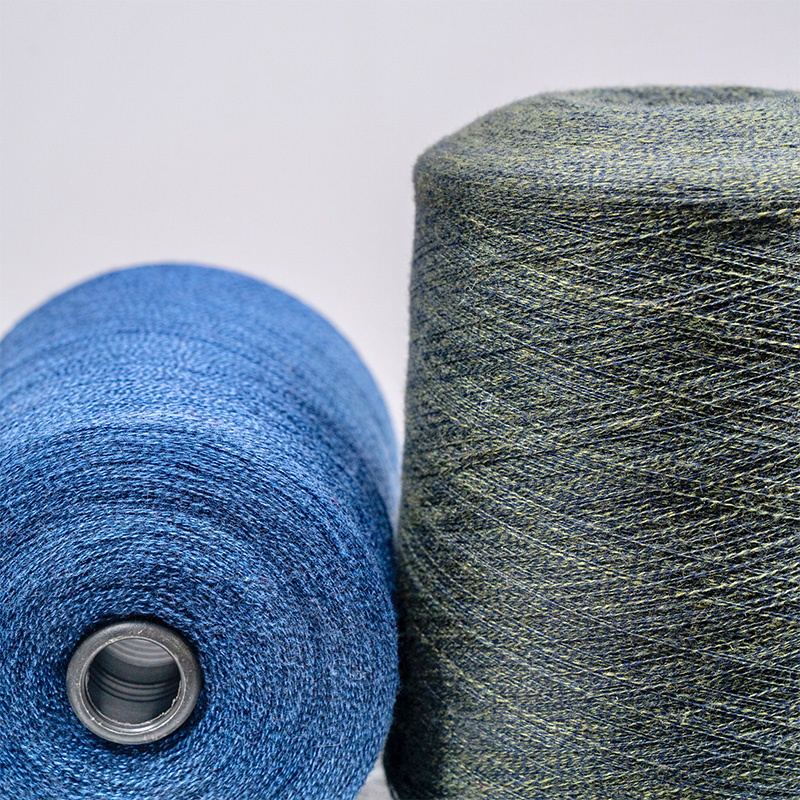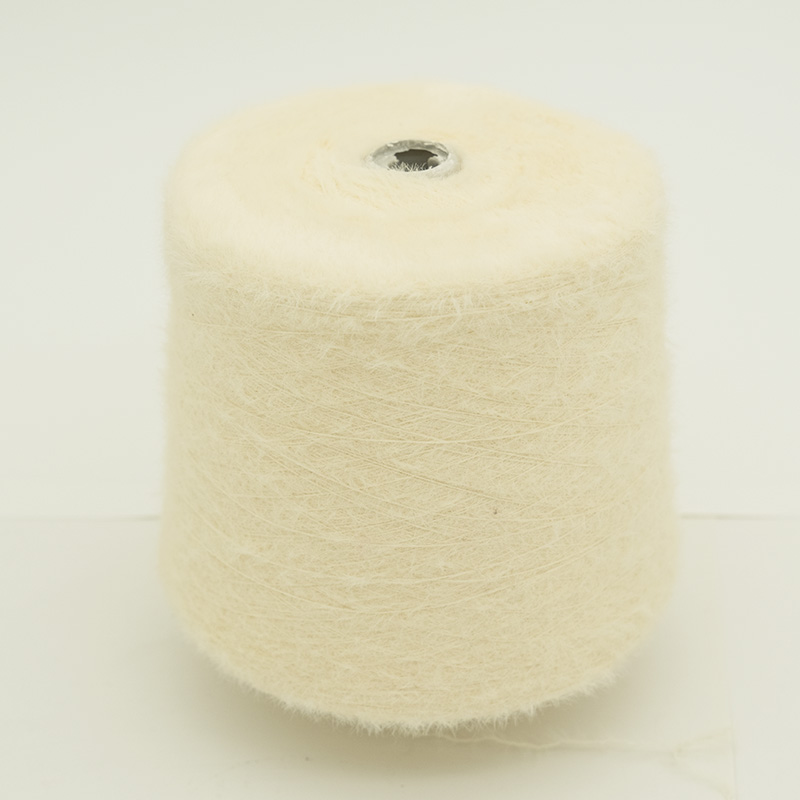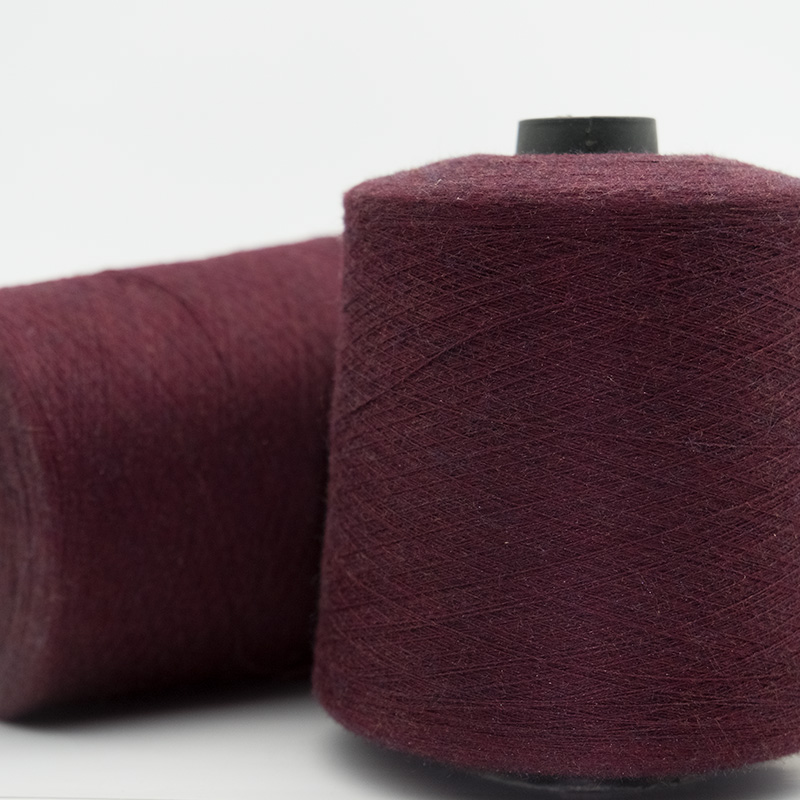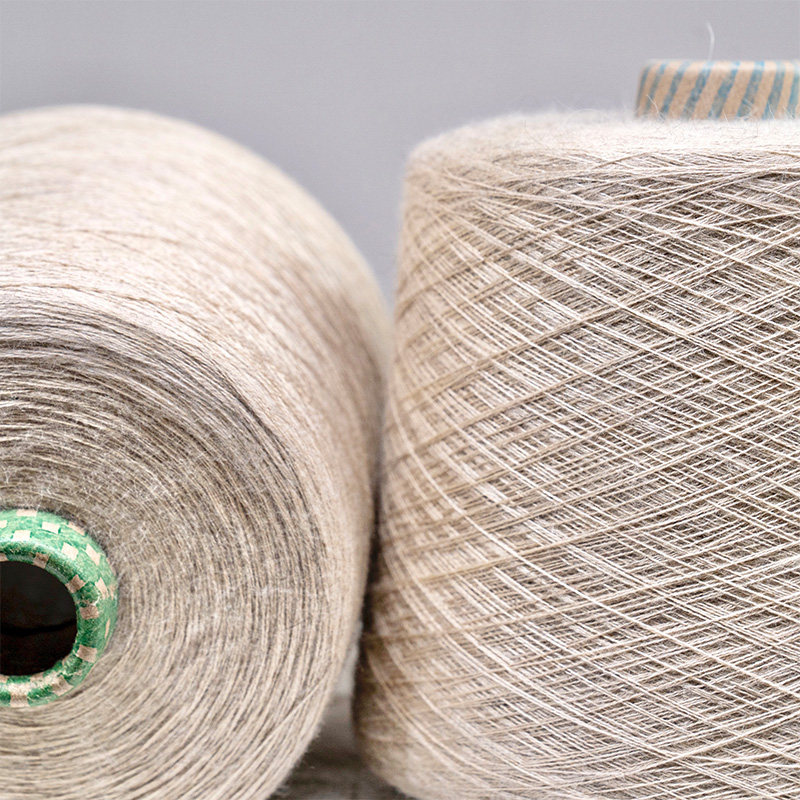What are the key properties and characteristics of Lenzing Eco Viscose Core Yarn compared to traditional yarns?
Environmental Friendliness: One of the most significant advantages is its eco-friendly composition, incorporating sustainable raw materials like organic cotton and recycled polyester fibers. This aspect makes it more environmentally sustainable compared to traditional yarns, which may rely on non-renewable resources and have a higher carbon footprint.
Resource Efficiency: Lenzing's production process likely emphasizes resource efficiency, using methods that reduce water consumption, energy usage, and waste generation. This focus on efficiency contributes to a lower environmental impact overall.
Softness and Comfort: Eco Viscose Core Yarn often maintains a soft and comfortable feel, similar to traditional viscose yarns. This makes it suitable for a wide range of textile applications, including clothing and home textiles.
Versatility: Lenzing Eco Viscose Core Yarn can be tailored to meet various performance requirements, making it versatile for different textile applications. It may offer excellent dyeability, allowing for vibrant and long-lasting colors, as well as good strength and durability for use in both apparel and non-apparel products.
Certifications: Lenzing's yarns may come with certifications such as OEKO-TEX Standard 100 or Global Organic Textile Standard (GOTS), which ensure that the yarn meets specific environmental and social criteria throughout its production process.
Innovation: Lenzing is likely to invest in research and development to continuously improve the properties and performance of their eco-friendly viscose core yarn. This commitment to innovation may result in advancements such as enhanced moisture-wicking capabilities, antimicrobial properties, or other functional attributes desired in modern textiles.
What specific environmentally friendly raw materials are used in Lenzing Eco Viscose Core Yarn?
The specific environmentally friendly raw materials used in Lenzing Eco Viscose Core Yarn can vary depending on the specific product and formulation. However, some common raw materials that Lenzing may incorporate into their eco-friendly yarns include:
Viscose Fiber: Viscose itself can be considered a sustainable material if sourced responsibly. Lenzing may use sustainably sourced wood pulp from certified forests as the primary raw material for their viscose fibers.
Organic Cotton: Lenzing include organic cotton fibers in their yarn blends. Organic cotton is grown without synthetic pesticides or fertilizers, reducing environmental impact and promoting soil health.
Recycled Polyester: Lenzing may incorporate recycled polyester fibers made from post-consumer or post-industrial waste into their yarns. Recycling polyester reduces the need for virgin polyester production and diverts plastic waste from landfills.
Lyocell: Lenzing is known for producing TENCEL™ Lyocell fibers, which are made from sustainably sourced wood pulp using an eco-friendly closed-loop production process. Lyocell fibers offer similar properties to viscose but with lower environmental impact.
Modal: Lenzing also produces Modal fibers, which are derived from beechwood pulp. Modal is known for its softness, breathability, and moisture-wicking properties, making it a popular choice for eco-friendly textiles.



 English
English русский
русский Español
Español 中文简体
中文简体

